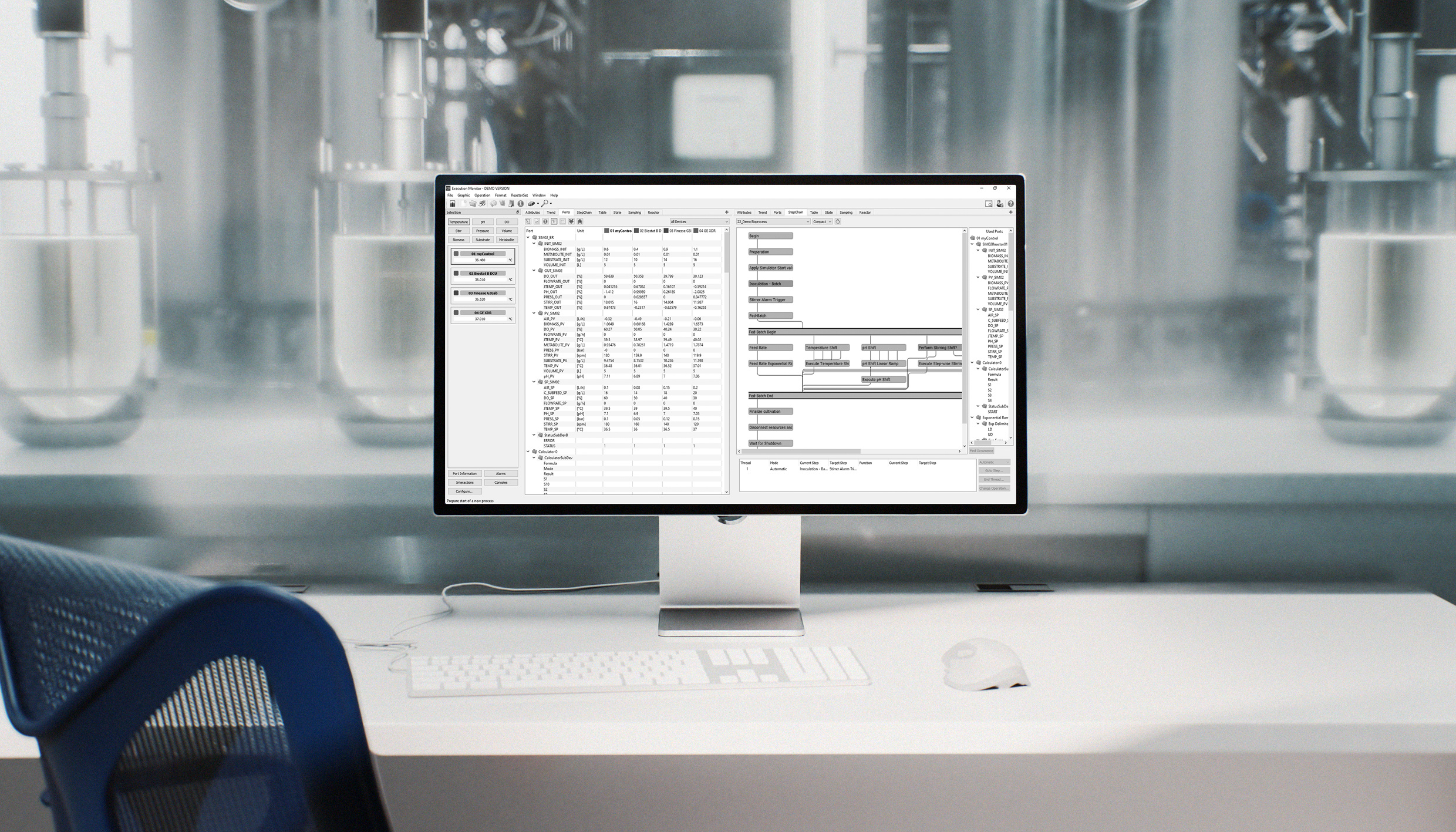A process optimization approach using the software Lucullus®
The cheesemaking process typically begins with growing lactic acid bacteria, known as bulk starters, in a nutrient-rich medium until the bacteria reach the desired biomass concentration required for inoculating milk to produce cheese.
Historically, cheese plants inoculate milk with multiple bacteria strains in order to achieve the desired texture and flavor that is expected by the consumer. In order to prevent poor fermentation yields and to improve the quality and reliability of the products, it is important to maintain proper control of bulk starter production.
Among all process parameters, pH is a key factor that strongly influences the physiological state of the lactic acid bacteria. Additionally, one of the major issues seen in cheese plants is the presence of bacteriophages, which infect and replicate within bacterial cells. When phages are present in the cheesemaking process, they can replicate in large numbers which ultimately kills the bacteria population needed to produce cheese. To combat this, cheese plants will use multiple culture combinations in rotation to produce the same cheese type.
Novonesis presented how they verified that different culture combinations used in rotation show comparable application performance and can be used to produce the same dairy product consistently. During fermentation, the pH is maintained at an optimal level by adding potassium hydroxide, ensuring precise control of this parameter through the Lucullus® process information management system from Securecell, which enables the creation of control loops and records process data.
Duration: 50 min (content) + 10 min (Q&A)

Please complete the request form and we will email you the link to watch the webinar.
Request Form:
